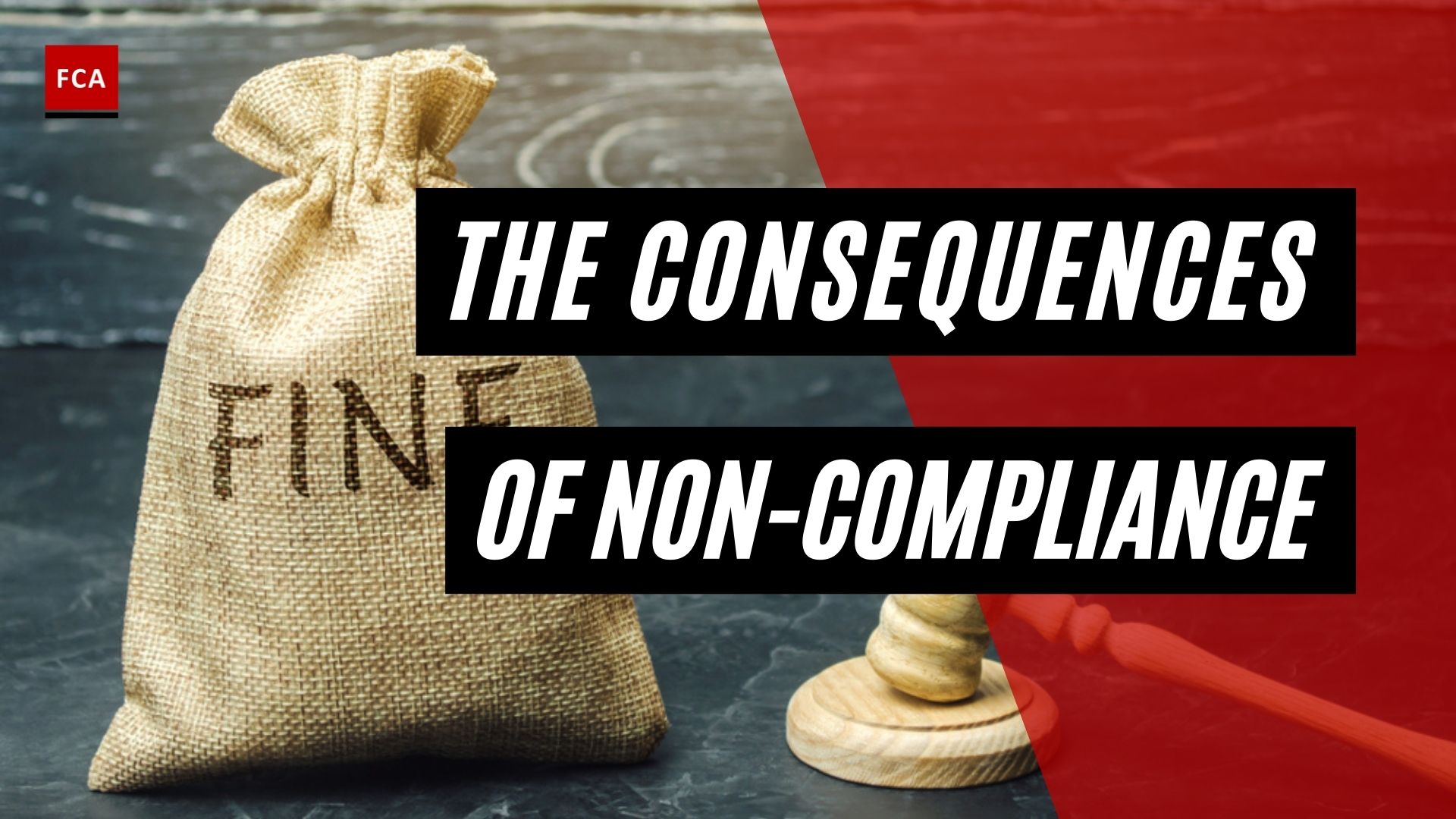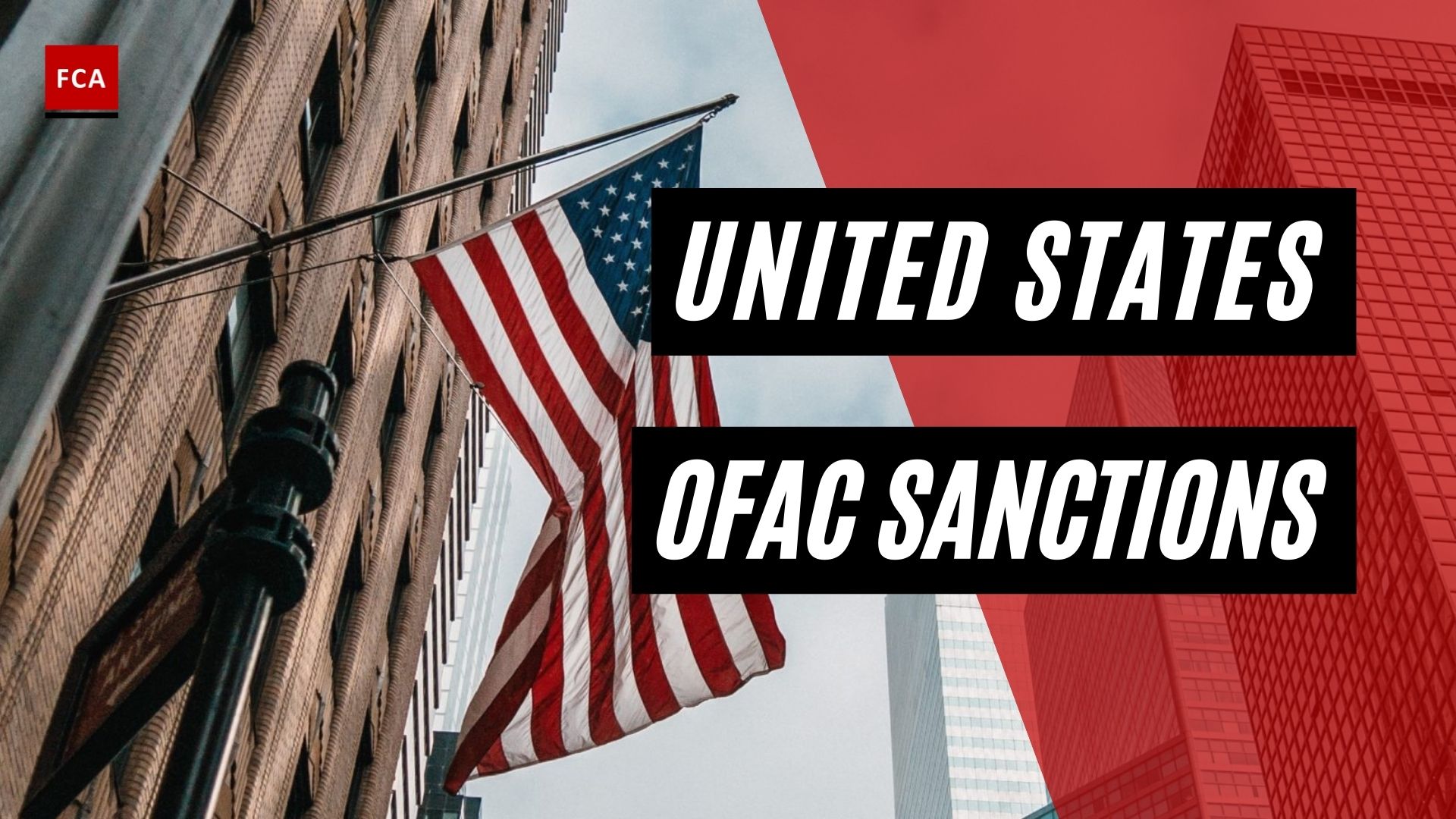What is corporate governance? Corporate governance is the system that directs and controls organizations. It includes the relationship between the board of directors, shareholders, and other stakeholders and the implications for corporate strategy and performance.
Corporate governance is critical because it examines how these decision-makers behave, how they can or should be monitored, and how they can be held accountable for their decisions and actions.

What is Corporate Governance?
Governance is the set of rules, controls, policies, and resolutions governing corporate behavior. Shareholders are important stakeholders who indirectly impact governance, but they are not examples of governance. The board of directors is critical in governance, and it can play a significant role in establishing the appropriate tone and cultural environment throughout the organization.
The Board
A board must act in good faith in exercising its oversight net responsibility for its organization, including making inquiries to ensure a piece of corporate information and reporting system exists. The reporting system is adequate to assure the board that appropriate information relating to compliance with applicable laws will come to its attention timely and as a matter of course. A corporate reporting system is a key compliance program element, which not only keeps the board informed of the organization’s activities but also enables an organization to evaluate and respond to potentially illegal or otherwise inappropriate activity.
Boards are encouraged to use widely recognized public compliance resources as benchmarks for their organizations. The Federal Sentencing Guidelines and the Organization for Economic Cooperation and Development or OECD guidelines may be used in determining what specific functions may be necessary to meet the requirements of effective maintenance of the tone at the top. The Guidelines offer incentives to reduce and eliminate criminal conduct by providing a structural foundation to the organizations.
A board is expected to make a meaningful effort to review the adequacy of existing compliance systems and functions. Boards should develop a formal plan to stay abreast of the ever-changing regulatory environment.
From the compliance perspective, among others, the boards must also conduct the following activities:
- Define the roles and relationships, including those of the compliance function, legal function, internal audit, human resources, quality improvement function, etc.
- The board should set and enforce expectations for receiving particular types of compliance-related information from various management members regarding the organization’s risk mitigation and compliance efforts.
- Identify and audit potential risk areas.
- Encourage accountability and compliance.
Some of the corporate failures involved directors receiving excessive bonuses while the company was experiencing economic and operational downturns. Such incidents were viewed negatively by the public and resulted in reputation losses. A remuneration committee should be formed to ensure no excessive salaries are paid to directors and officers.
From an ethical tone perspective, the board’s important responsibility is the selection and appointment of the CEO, who is the face of the organization.

The CEO
Executive officers, particularly CEOs, were the main figures behind the large corporate failures. The CEOs usually set the tone from the top through messages and other activities that influence factors related to the control environment. The CEO provides guidance and leadership to employees.
Organizational values affect people’s decisions and, ultimately, the company’s path. The CEO’s role is to clearly define these values and ensure that they are embodied throughout the organization. Every company has its values, and it is up to CEOs to instill them in every employee, which begins with gaining senior leadership support to help shape the culture.
CEO behaviors such as attending development programs, participating in group discussions, and being present and accessible reinforce values. Defining values does not happen by sending a single memo; it happens when you consistently behave, act, and make decisions that support those values.
When employees see the CEO act in a way that exemplifies company values, it resonates with them and inspires them to do the same. When they see discrepancies, it tells them that their behavior is meaningless because the CEO isn’t walking the walk; therefore, it is critical for a CEO to be consistent in both their actions and communications.
The Chief Compliance Officer
The role of the Chief Compliance Officer or CCO in setting the right tone at the top is significant. The CCO must be a high-level individual with the appropriate authority to reinforce the required tone at the top and maintain a necessary compliance culture. The CCO must have adequate resources and tools to ensure that the ethics and compliance program is effective and sustainable. The role of the CCO is essential in areas such as education and training, communications, background checks, reporting, monitoring, and policy and procedure development.

The CCO is the leader that employees seek out when they have ethical concerns. CCO plays a crucial role in creating a “speak up” culture which is an essential element of tone at the top. Furthermore, the best CCOs look for opportunities for the CEO to communicate key ethics and compliance messages in internal and external communications. They also actively assist the board in understanding and carrying out their role in setting the tone at the top.
Many organizations faced an ethics crisis in the past and increased their compliance efforts for a limited time. Later they reduced the CCO’s role to one of administration. This type of short-term response was risky. Organizations that take compliance seriously entrust their CCOs with creating processes and a mindset that instills integrity in the company’s culture.
Final Thoughts
Corporate governance is the system that directs and controls businesses. The governance of their companies is the responsibility of their boards of directors. The role of shareholders in governance is to appoint directors and auditors and to ensure that an appropriate governance structure is in place. The board’s responsibilities include setting the company’s strategic goals, providing leadership to put them into action, supervising business management, and reporting to shareholders on their stewardship.
Corporate governance is thus concerned with what the board of directors of a company does and how it establishes the company’s values, and it is to be distinguished from the day-to-day operational management of the company by full-time executives.








